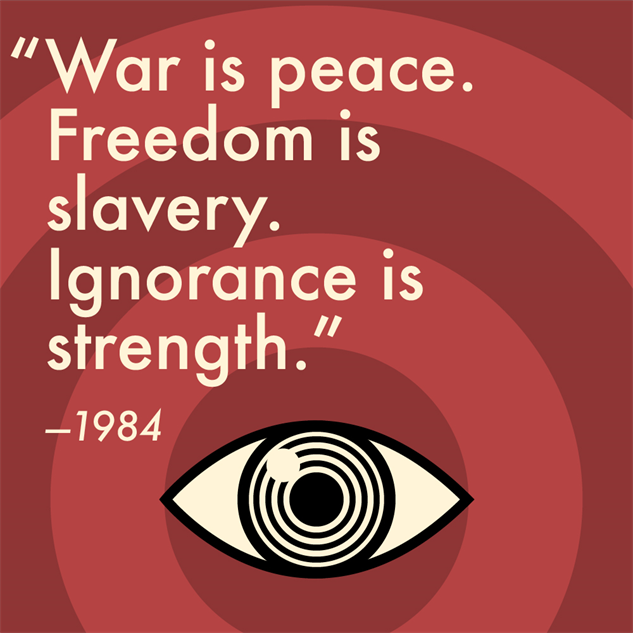There is behavioral modification and there is the life transformation by the word of God. I’d like to look at the vast difference between the two and examine what the Bible says about both of these concepts.
It is common for Christian’s today to verbally acknowledge that the Bible is God’s Word, that the Bible is the final authority for both what they believe and how they live. Yet in practice the power of the Bible and the sufficiency of the Bible is not a reality in their lives.
False religion gives birth to hypocrisy, self-sufficiency, and pride. This can only be the outcome of all outward change when it is not coupled with a changed heart. Behavioral modification seeks to simply change outward behavior. The formula is x is an unwanted behavior and y is the desired behavior, so one must do a and b to achieve y.
Think of the emphasis of religion, the focus is always on acts, doing, and conforming to said religious practices. Think of the goal of the psychological world; the aim is always to move from a negative behavior to a more desired behavior.
Jesus gives a striking contrast of outward religious change and true heart change in his teaching parable of the Pharisee and the Publican as found in Luke 18:9-14. Jesus minces no words and is direct right from the beginning of the story as he describes the character of the religious Pharisee, he says in (v.9), “He also told this parable to some who trusted in themselves that they were righteous.”
Doing, being religious, and practicing outward signs of doing good to all was the defining characteristic of the Pharisee. Think now in terms of most religious people: they go to church, they give their money to the church, and they are involved in many social and civic causes. But without a changed heart wrought by the Holy Spirit through the means of the living word of God these outward expressions of religiosity are to God as filthy rags, see Isaiah 64:6 “ For all of us have become like one who is unclean, and all our righteous deeds are like a filthy garment.”
The Bible from Genesis to Revelations calls out religious people for trusting in their deeds rather than trusting in the Lamb of God who was sent to save us from ourselves. God does not condemn the good deed, but He condemns the soul that trusts in them for their salvation, just like the religious Pharisee did and was condemned by our Lord, see (v. 14) “ I tell you, this man went down to his house justified, rather than the other. There it is, rather than the other…the Publican left the temple justified, and the Pharisee left the Temple without being justified.
The true heart change that is acceptable to God is wrought by the Holy Spirit by the means of the power of the word. The heart of the Christian life of course is the Gospel. Only those who have been transformed from within (Titus 3: 5-8) being indwelt by the Spirit of God (Romans 8:13–14) are able to exhibit genuine holiness (Galatians 5:22–23); 1 Peter 1:16). Biblical Christianity does not of course exclude good works or external behavior modification (cf. Matt. 5–7), but with a change of heart which subsequently manifests itself in a changed life (1 Corinthians 6:9–11).
Summation: Changing behavior and doing good deeds are part of the Christian life, but this is the theme of the article, without a changed heart first, these very good works can and will carry one right into the jaws of hell.
The means for a changed heart is the word of God. God says that His word is alive and active (Hebrews 4:12). God’s breathed out word (2 Timothy 3:16) is sufficient for all that one needs to be like the Publican and avoid the death trap of the Pharisee.
We can not in any way trust in our good deeds to be accepted by God. We can only come to God as poor and hopeless sinners in need of the righteousness of God’s son.




